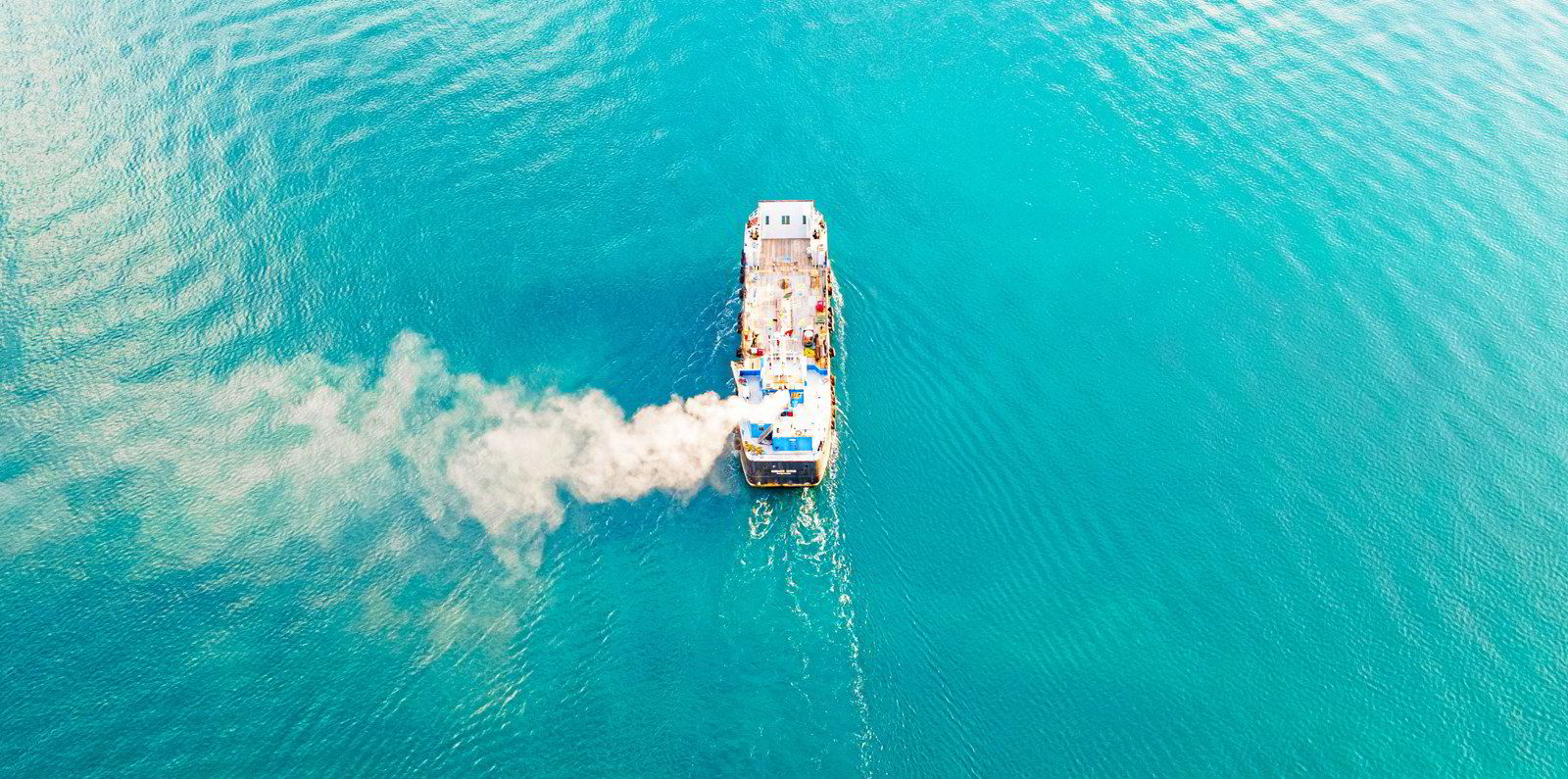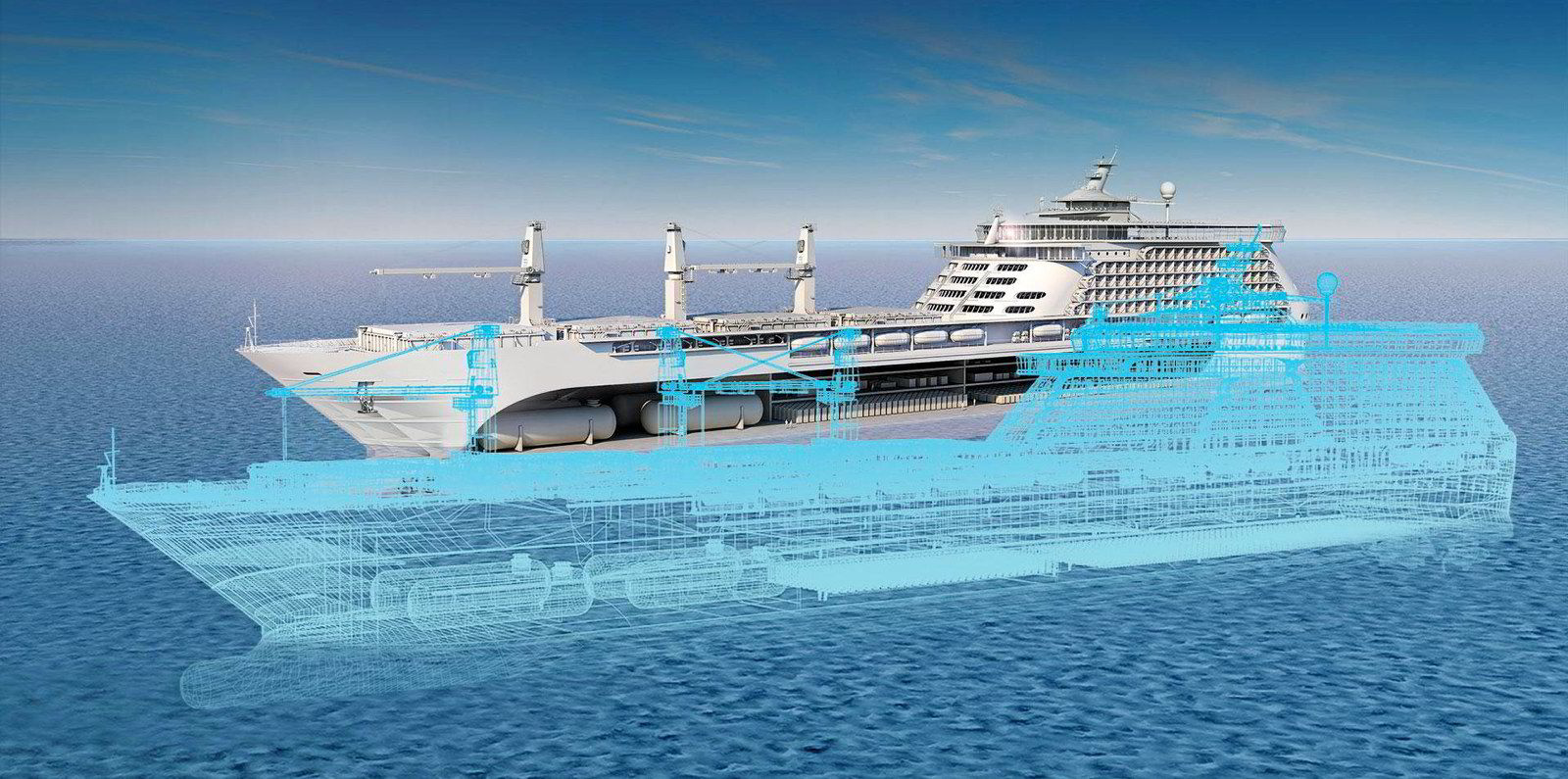In the alphabet soup that is EEXI, CII and SEEMP, it is hard to know where to start to discern the essential ingredients.
So, let’s use a human illustration.
The Energy Efficiency Existing Ship Index (EEXI) is like a basic medical that I need to pass to get a job. It purports to prove I am healthy at this point, but just shows I am not at death’s door. Having passed EEXI and got the job, I don’t need to do the test again, even if I fall ill next year.
The Carbon Intensity Indicator (CII) is akin to my annual work performance review. If I am good at the job, I will get an A grade, mediocre a C, and if I am poor I will be rated D. And if I get an E, I should be on my way to being sacked.
My job description includes a requirement to keep fit, proving it from the start by showing my manager an exercise regime I will stick to. This is the Ship Energy Efficiency Management Plan (SEEMP) on which my health will be rated in the CII review.
But there are few checks on and repercussions from failing my own SEEMP/exercise plan, and no one will enforce the CII/performance review, so I probably will not be dismissed, no matter how bad I am.
This is nowhere near a perfect description, but the point is that none of the above elements prove I can achieve the objectives of the job.
And that result — not achieving the objectives — sums up the first regulations enacted by the International Maritime Organization to cut carbon emissions from shipping.
The rules are not sufficiently sharp in the view of climate experts, not fit for purpose, according to major charterers and do not work for the owners or operators of large swathes of the world’s fleets
The rules are not sufficiently sharp in the view of climate experts, not fit for purpose according to major charterers and do not work for the owners or operators of large swathes of the world’s fleets.
Classification societies have been tasked with judging the exercise regimes — sorry, SEEMPs — that ship operators are working on to be ready for the start of 2023.
They warn that top-level operators are getting ready, but some smaller companies are approaching the issue as a form-filling exercise rather than one that will require real physical exercise.
The job of marking SEEMPs has been given to class, but enforcing the results is being left to the market in a version of trickle-down economics.
It is hoped a tiered market will develop in which failing ships are shunned by charterers. But despite being expected before, two-tiered shipping markets have never developed.
Big charterers with environmental, social and governance focuses may avoid failing ships, but others are just as likely not to. And there are plenty of opportunities for ships to evade oversight — or to game the rules by increasing mileage on ballast legs that mean they end up increasing emissions rather than cutting them.
At the same time, certain classes of ships, notably steam turbine LNG carriers, cruise ships and many shortsea vessels, are disadvantaged and operators are seeking exemptions that will, in some cases, nullify the objectives of cutting emissions.
Disputes may arise if charterers want to speed ships up, burning more fuel, or send them to congested ports where waiting times can damage ratings, but owners will not want the charter or sale value of their vessels reduced by lower gradings.
The legal complexities of these potential problems have emerged in the difficulties and delays Bimco has encountered in trying to produce a model charterparty clause that covers the new regulations.
The rules’ early-stage requirements are so tame, they are unlikely to start progress towards the IMO’s medium-term carbon target for 2030.
The IMO will meet in 2023 to discuss next steps in stiffening its decarbonisation efforts, but unless flag states or port states are co-opted into ensuring notice is taken of CII ratings, targets will remain toothless and policing inadequate.
A more co-operative relationship between owners and charterers is a benefit that could come out of this mess, but much needs to be done to reframe the rules. This issue of TW+ examines all these issues and more.




